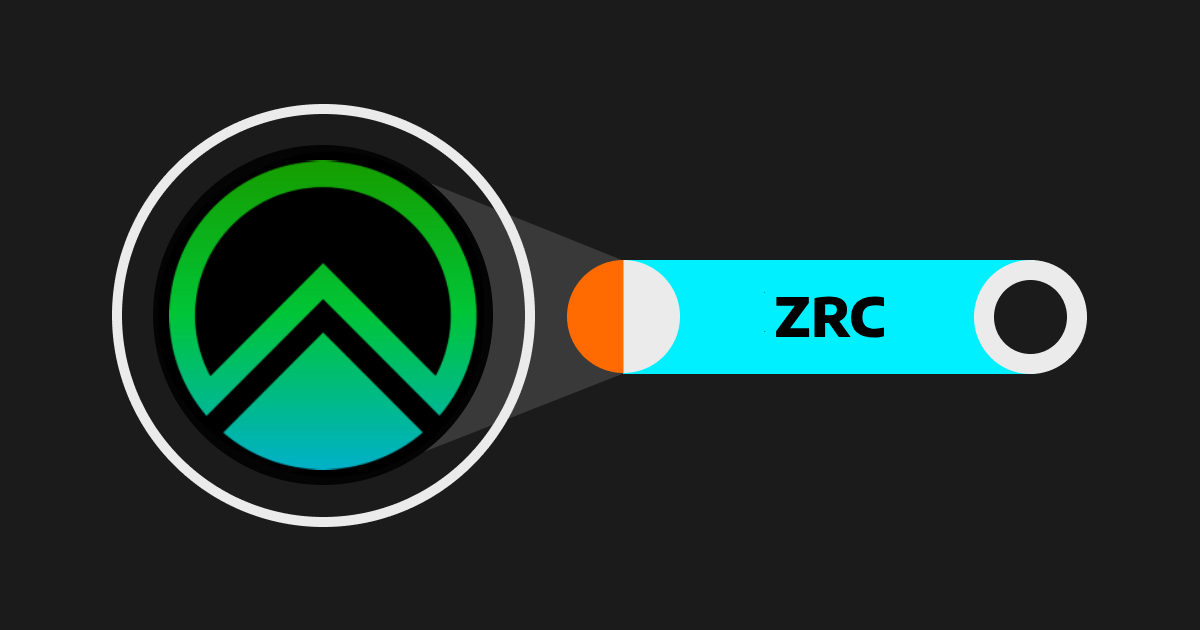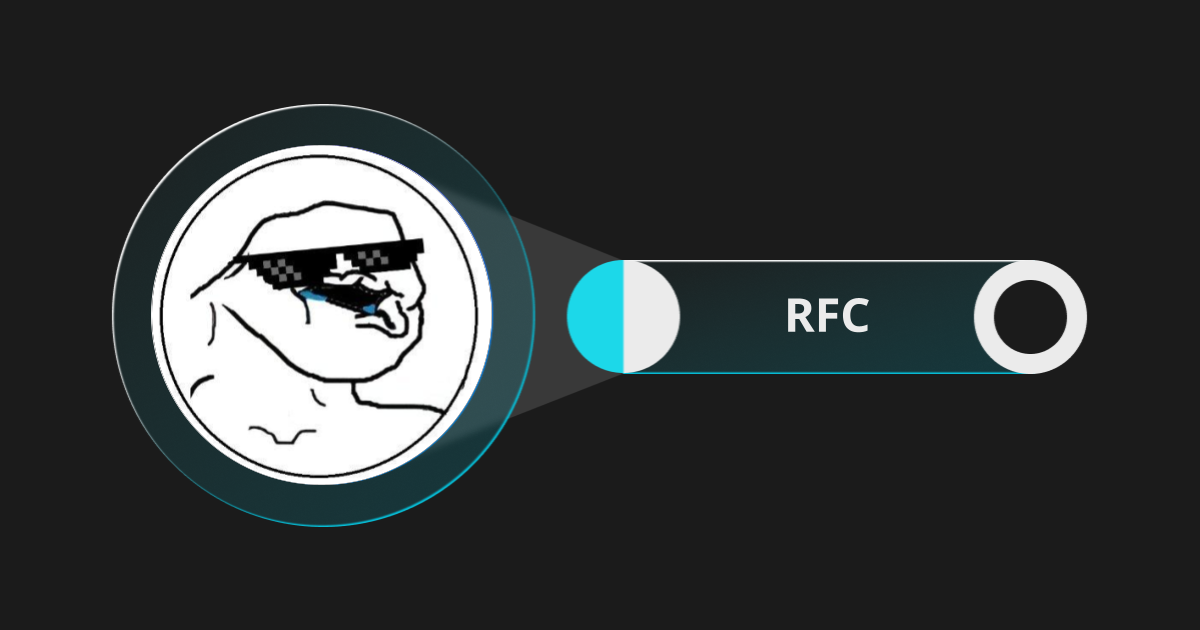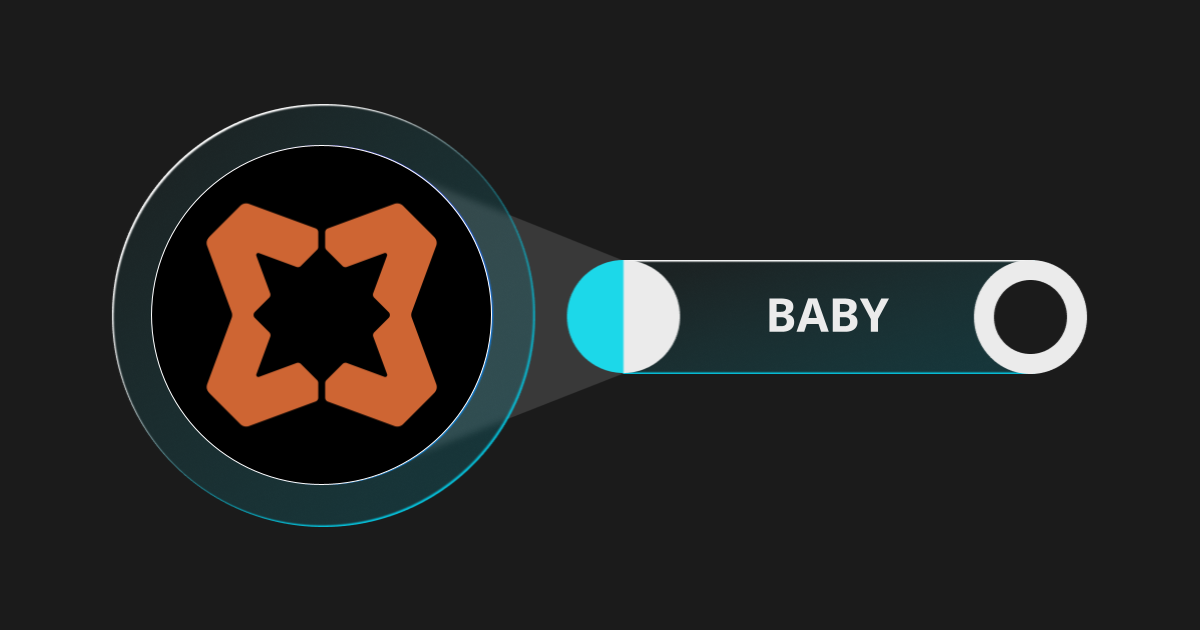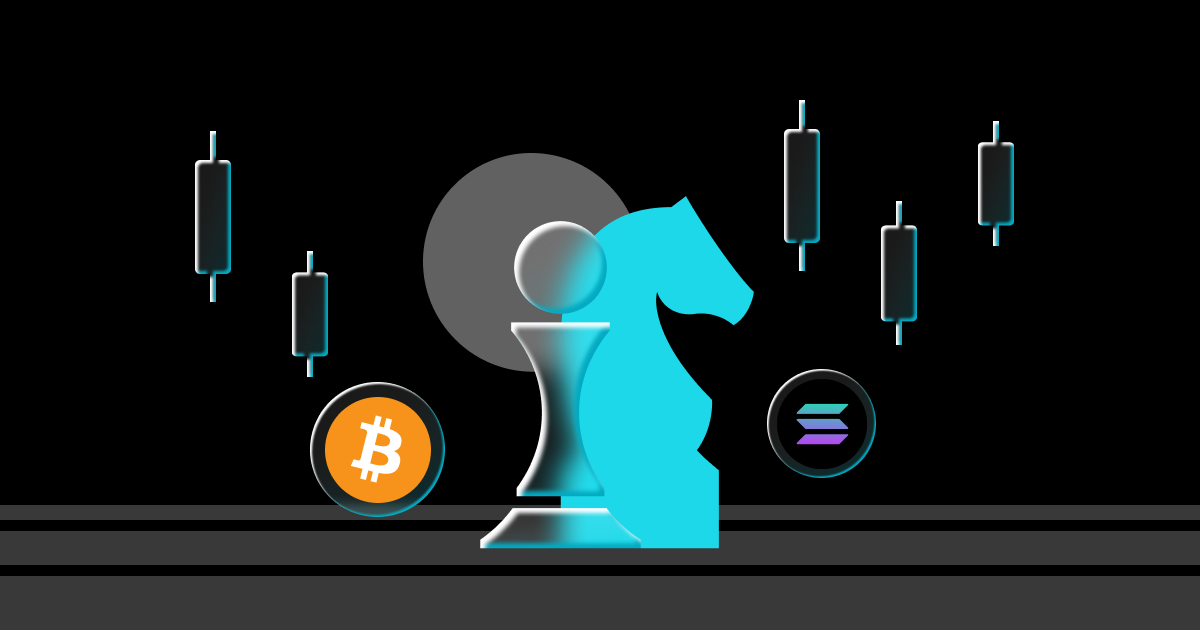
Zircuit (ZRC): A Layer 2 for Secure Blockchain Transactions
What is Zircuit (ZRC)?
Zircuit (ZRC) is a EVM-compatible zero-knowledge rollup that aims to provide a faster and more secure way to process blockchain transactions. By using zero-knowledge proofs, Zircuit enhances privacy and security, ensuring that users' information remains confidential while still allowing for transparent and verifiable transactions.

Who Created Zircuit (ZRC)?
The specific individuals behind Zircuit are not publicly known
What VCs Back Zircuit (ZRC)?
Zircuit has garnered significant support from several prominent venture capital firms in the blockchain space. These include Binance Labs, Pantera Capital, Dragonfly Capital, Maelstrom, Mirana Ventures, and Nomad Capital.
How Zircuit (ZRC) Works
Zircuit’s architecture is designed to improve the performance and security of blockchain transactions through a combination of several key components:
1. Hybrid Architecture
Zircuit employs a hybrid architecture that combines rollup infrastructure with zero-knowledge proofs. This design allows Zircuit to efficiently process transactions while maintaining high levels of security and privacy.
● Rollup Infrastructure: In a rollup, transactions are processed off the main blockchain. This reduces the load on the main chain, making it faster and cheaper for users to conduct transactions. By batching transactions, Zircuit can lower the overall transaction costs.
● Zero-knowledge Proofs: This cryptographic technique allows Zircuit to validate transactions without revealing the actual data. For instance, a user can prove they have enough funds to complete a transaction without disclosing the exact amount they hold. This enhances user privacy and reduces the risk of data breaches.
2. Sequencers, Provers, and Smart Contracts
Zircuit’s system consists of three main components: sequencers, provers, and smart contracts.
● Sequencers: These are the nodes that manage the order of transactions in the rollup. They collect and bundle multiple transactions, ensuring they are processed efficiently. Sequencers play a crucial role in maintaining the overall performance of the network.
● Provers: Provers are responsible for generating zero-knowledge proofs. When a sequencer bundles transactions, provers create a proof that verifies the validity of those transactions. This proof is then submitted to the main blockchain, allowing the transactions to be recorded without revealing sensitive data.
● Smart Contracts: Zircuit utilizes smart contracts to automate processes and ensure that transactions are executed according to predetermined rules. Smart contracts are self-executing contracts with the terms of the agreement directly written into code. This minimizes the need for intermediaries and enhances the efficiency of transactions.
3. Transaction Processing
Transactions in Zircuit can originate from either Layer 1 (the main blockchain) or Layer 2 (the rollup). Here’s how the process works:
● Initiating a Transaction: A user can initiate a transaction from their wallet, whether it involves sending tokens or interacting with a decentralized application (dApp).
● Transaction Collection: The sequencer collects these transactions and prepares to bundle them together.
● Zero-knowledge Proof Generation: As transactions are bundled, provers create zero-knowledge proofs to validate the legitimacy of each transaction without revealing any sensitive information.
● Submission to Layer 1: Once the transactions are bundled and validated, they are submitted to the main blockchain for final confirmation. The zero-knowledge proof is included in this submission, providing evidence of the transaction's validity.
● Finalization: The main blockchain processes the bundled transactions, and once confirmed, the user’s transaction is complete. The result is a secure, efficient, and privacy-focused transaction process.
4. Security Measures
Zircuit emphasizes security throughout its architecture. One key feature is the implementation of Sequencer Level Security (SLS). This protocol monitors the mempool (a collection of unconfirmed transactions) for any malicious activity.
● Malice Detection: SLS uses algorithms to identify potentially harmful transactions before they are included in a block. This proactive approach helps to prevent malicious activities from affecting the network.
● Quarantine and Release Procedures: If a transaction is flagged as suspicious, it can be quarantined, allowing for further investigation. Once determined to be safe, the transaction can be released for processing. This adds an additional layer of security to the network.
ZRC Goes Live on Bitget
Zircuit represents a significant advancement in blockchain technology by offering a solution that combines efficiency, security, and privacy. With its innovative use of zero-knowledge proofs and rollup architecture, Zircuit enhances the transaction process, making it more accessible and secure for users.
If you are ready to be part of the next big thing in blockchain technology? Zircuit's native token, ZRC, is now available for trading on Bitget!
ZRC is designed to empower users within the Zircuit ecosystem, enhancing security and efficiency for blockchain transactions. With its innovative technology and strong backing from top venture capital firms like Binance Labs and Pantera Capital, ZRC is positioned for significant growth.
Trading Available: 25 November 2024, 10:00 (UTC)
Withdrawal Available: 26 November 2024, 11:00 (UTC)
Trading Link: ZRC/USDT
ZRC on Bitget Launchpool — Lock BGB and USDT to share 9,125,000 ZRC
Locking period: 25 November 2024, 10:00 – 30 November 2024, 10:00 (UTC)
Campaign pool details:
Total ZRC Campaign Pool: 9,125,000 ZRC
BGB Campaign Pool: 8,750,000 ZRC
USDT Campaign Pool: 375,000 ZRC
ZRC on Bitget PoolX — Lock ZRC to share 375,000 ZRC
Locking period: 25 November 2024, 10:00 – 5 December 2024, 10:00 (UTC)
Locking pool details:
Total ZRC Campaign Pool: 375,000 ZRC
Maximum ZRC locking limit: 6,250,000 ZRC
Minimum ZRC locking limit: 62 ZRC
ZRC pool airdrop per user = user's locked ZRC ÷ total locked ZRC of all eligible participants × corresponding pool.
Community Giveaway — Win Your Share of 62,500 ZRC
Campaign Date: 24 November 2024, 10:00 – 4 December 2024, 10:00 (UTC)
Disclaimer: The opinions expressed in this article are for informational purposes only. This article does not constitute an endorsement of any of the products and services discussed or investment, financial, or trading advice. Qualified professionals should be consulted prior to making financial decisions.



